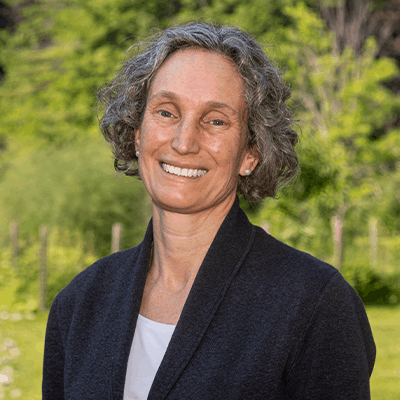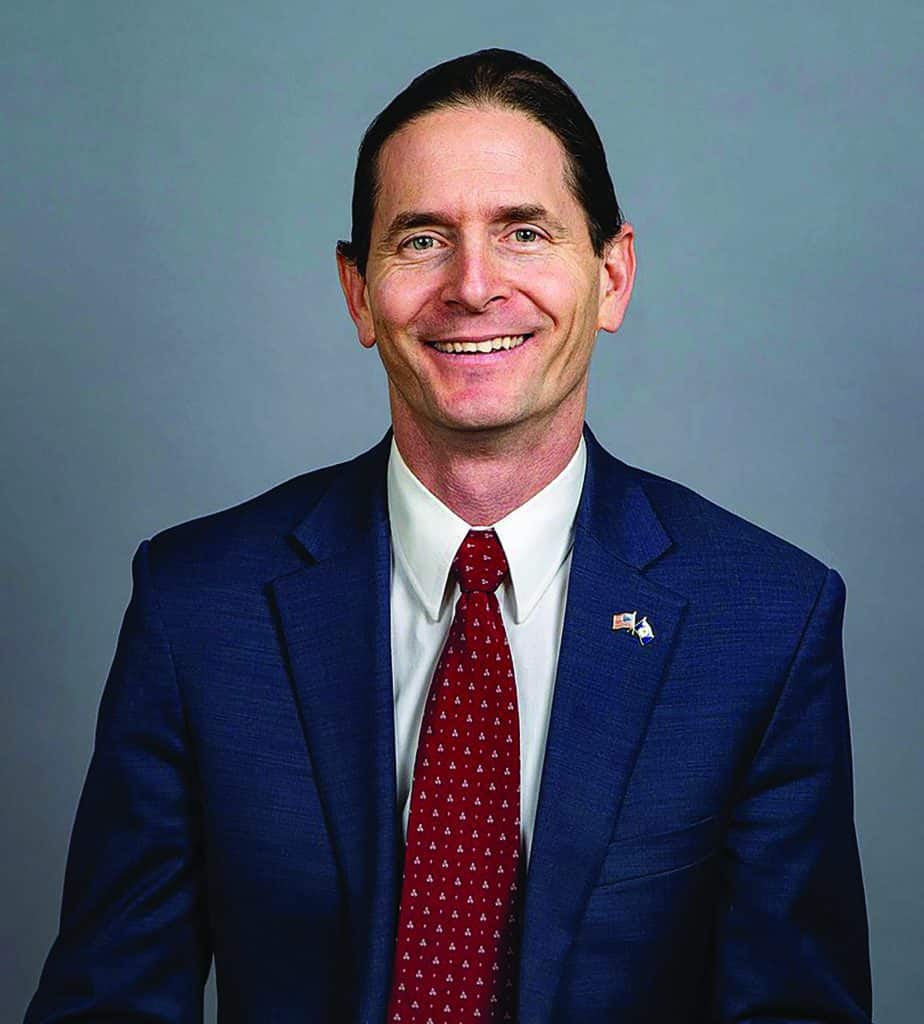Lieutenant governor race is crowded
Staff report
Vermont’s primary election is Tuesday, Aug. 11.
Two prominent Democratic candidates, David Zuckerman and Rebecca Holcombe, are facing off for the gubernatorial nomination, while Gov. Phil Scott’s challengers on the Republican ticket are relatively unknown —John Klar, Bernard Peters, Douglas Cavett, Emily Peyton.
Whoever wins the Democratic primary would have a steep climb to beat Scott (the presumptive Republican winner) who enjoys bipartisan support for his administration’s response to the coronavirus pandemic. Historically, Vermont voters have seldom jettisoned an incumbent governor seeking re-election. The last time a candidate defeat an incumbent was 1962.
The open lieutenant governor seat— since current Lt. Gov. David Zuckerman is vacating his seat in order to run for governor— has attracted a crowded field of challengers, including two high-profile Democrats in unusual positions: Molly Gray, in her first run for office, has been embraced by the state’s Democratic establishment, while experienced Senate leader Tim Ashe has adopted an outsider’s role as a Progressive Democrat. Brenda Siegel, an advocate for low-income Vermonters, has galvanized support among prominent Progressives, and Debbie Ingram, a Democratic state senator, has had a strong showing in debates where she has taken pot shots at Gray. The basic duties of a lieutenant governor include presiding over the Senate and casting a tie-breaking vote if necessary, and standing in for the governor when that person is out of state — and assume the top job if the governor can’t serve due to death or other circumstances.
Democratic Gubernatorial race: Holcombe vs. Zuckerman

Holcombe, 52-year-old Norwich Democrat
Just two years ago, Rebecca Holcombe was working for Gov. Phil Scott as Vermont’s Secretary of Education. She’s now campaigning to succeed him as the state’s chief executive, and is doing so on a platform of decreasing health care costs and creating an action plan for climate change.
On July 29, Holcombe released a set of recommendations on reforming Vermont’s health care system, saying: “Vermont needs universal health care. We can build a system that keeps Vermonters healthier while reducing our runaway health care costs.
“Our state spends one in five dollars on health care. Premiums for qualified health plans increased by 10 to 14% for two years running, and about 1/3 of the increased cost in the education fund is driven by the cost of health benefits.
“The old health care model pays providers for treating sickness rather than preventing disease. A better, more progressive model keeps people healthy through quality primary care, good nutrition, mental health support, and more. The old model rewards high cost visits and discourages good preventative care. Prevention saves money and makes our population healthier.”
Holcombe’s plan identifies six steps to lower cost of health care while improving outcomes, including: 1) Expand payment reform, 2) Cutting out the middle person, 3) Global budgeting, 4) System-wide plan, 5) Developed health care workforce, 6) Regional partnerships.
She pointed out that health care costs are contributing to the education funding conundrum, too.
“The education fund is increasingly underwriting mental health services through designated agencies,” Holcombe said. “So there’s been a cost-shift into the education fund. The problem is the state’s mental health system is under-supported… If we have healthier families, we are going to have fewer children coming into schools with significant trauma.”
But Holcombe understands that more services for families or in schools comes with additional costs, and those must be offset elsewhere — creating tough decisions.
“At the Agency of Education, we used to say, ‘You can’t have a 28-course buffet and pay $3 for it.’ So I think there’s this tension between how much breadth and depth we want, and what we can actually afford,” she said.
With regards to climate change, Holcombe believes most Vermonters approach the issue from the proper future-looking perspective.
“People are really worried about climate and trying to figure out the relationship between climate and some kind of sustainable economic development solution that preserves a future for Vermont as we know it,” Holcombe said. “There’s a real concern we aren’t being proactive to plan for what people already believe is a climate-altered future.”
Zuckerman, a 48-year-old Hinesburg Democrat

David Zuckerman has long been involved in state politics.
Inspired by then-U.S. Rep. Bernie Sanders, Zuckerman joined the House in 1997, serving six terms. He then won election to the state Senate in 2012, representing Chittenden County. Zuckerman then ran successfully for lieutenant governor in 2016.
Zuckerman argued he’s shown a history of “pushing” on weighty issues — like climate change and affordable housing — “before the political world was ready… And I think this is one of those times, where ‘steady as she goes’ gets you through when things are good, but it doesn’t work when you’re in times of crisis.”
Rural poverty and global warming, according to Zuckerman, were crises before Covid-19 made inroads in Vermont last March.
“I thought, better to take those issues on and possibly win — or possibly lose — but shift the conversation from where it’s been,” he said.
Seeing the state transition from fossil fuels to renewables has long been one of Zuckerman’s priorities. He acknowledged the big challenge of reducing carbon emissions through Vermont’s transportation system. The state’s population, for the most part, is widely dispersed, which doesn’t lend itself well to carpooling or public transportation, he admitted.
“We are one of the highest mileage driving states in the country — close to 15,000 miles per year per capita. That’s much higher than the national average,” Zuckerman said.
Instead, he believes Vermont’s path to reducing transportation-related carbon emissions lies in broadband. Greater connectivity, he reasoned, will allow more Vermonters to do their jobs from home instead of commuting to urban hubs. At the same time, he said an improved telecommunications network will make Vermont an even more attractive landing spot for those out-of-staters who want to move to Vermont but currently don’t because the existing connectivity isn’t as good as it needs to be in many parts of the state.
“People right now are saying, ‘get me out of the city,’” Zuckerman said, referring to Covid-19 impacts and noting the opportunity for Vermont. “Broadband is an issue that’s about the climate, it’s about economic development, it’s about equal education,” he added.
But money is a big reason why this hasn’t happened yet.
As governor, Zuckerman proposes using half of the Trump tax cuts for the wealthiest 5% of Vermonters — amounting to $100 million over each of the next three years— for priority projects. Specifically, he wants $20 million each for more housing in village centers, broadband upgrades, weatherization of working class and senior homes, renewable energy initiatives, and other state priorities aimed at making Vermont a more affordable place to live. (The wealthiest 5% could keep the other half of the windfall from Trump’s tax cuts, he said, as a concession.)
Regarding climate change, he noted that weatherization jobs, and solar installations, pay a livable wage and are open to Vermonters without college degrees. “With this governor, we’ve actually lost 500 solar jobs in the past couple of years,” Zuckerman claimed.
Regarding health care, Zuckerman has long been an advocate for a single-payer, universal healthcare system.




